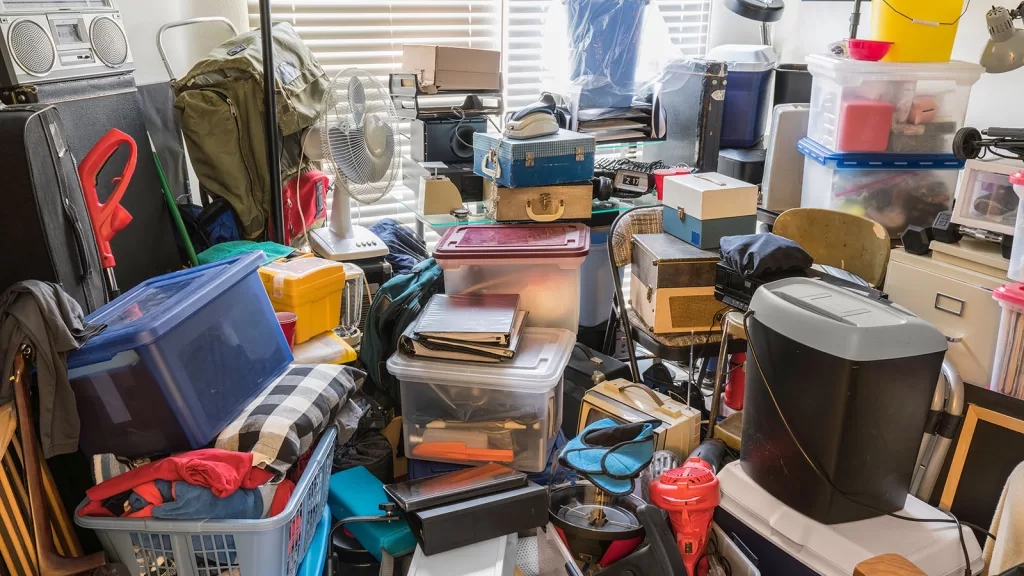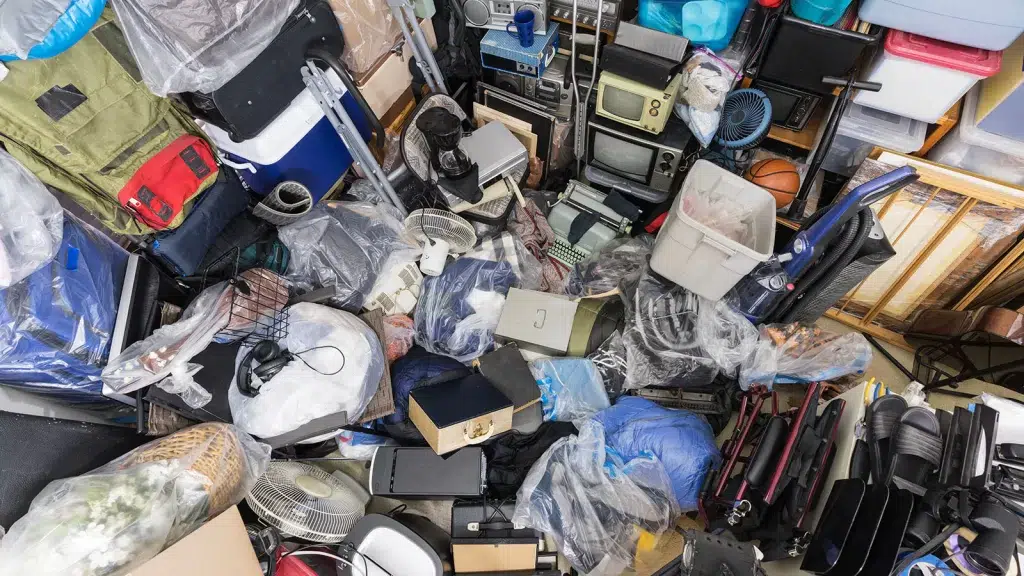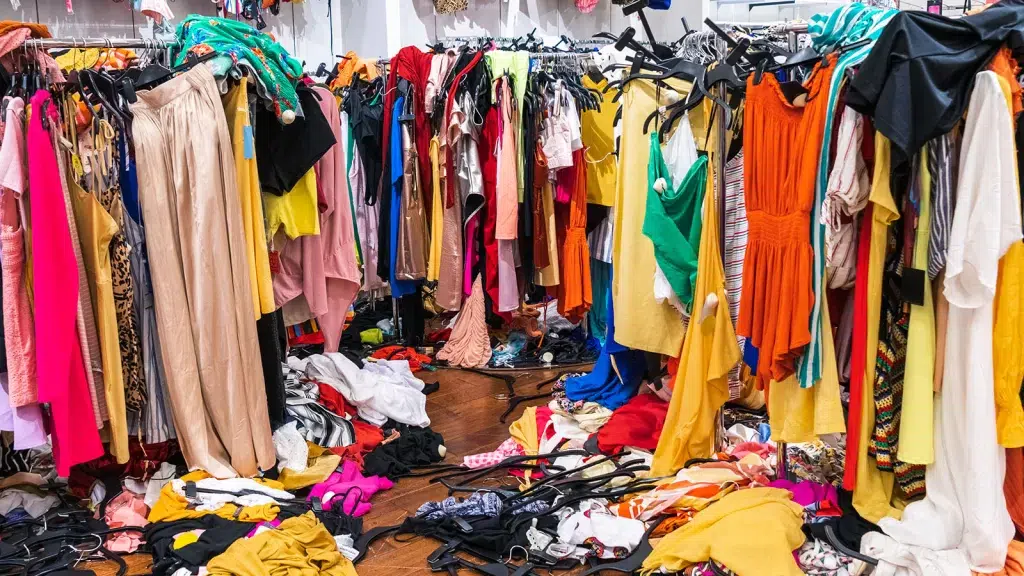Being frugal is a great way to save money, but not all so-called “frugal tips” work.
Some may seem like effective ways to save money but may not be worth the effort in the long run. Let’s explore 15 frugal practices that may fall into this category.
Cutting Coupons for Minimal Savings

While coupon cutting can lead to savings, the effort required may not always justify the returns. Spending hours clipping and organizing coupons may result in minimal discounts on items you wouldn’t have purchased otherwise.
Extreme Bargain Hunting

Scouring multiple stores for the lowest prices might not be the best use of your time. The gas, time, and energy spent chasing bargains could outweigh the savings, especially if the items purchased are non-essential.
DIY Home and Car Repairs

While fixing things yourself can be rewarding, not everyone is a skilled handyman. Attempting complex repairs without expertise may lead to costly mistakes. Sometimes, hiring a professional is more cost-effective in the long term.
Sacrificing Quality for Quantity

Buying the cheapest option isn’t always a wise choice. Low-quality items may need frequent replacements, negating any initial savings. Investing in durable, high-quality products can be more frugal in the long run.
Obsessive Energy Conservation

While saving energy is crucial, obsessively turning off every appliance may not significantly impact your bills. Focus on energy-efficient appliances and habits rather than stressing over every watt.
Extreme Meal Planning

Planning meals is a great way to save, but meticulously tracking every ingredient and calorie may lead to unnecessary stress. Find a balance between budget-friendly meals and practicality.
Uncomfortable Living Conditions

Cutting costs on heating or cooling to uncomfortable levels may impact your well-being. Prioritize comfort within reasonable energy consumption limits to maintain a healthy living environment.
Collecting Freebies

While freebies can be tempting, not all are useful. Accumulating unnecessary items may clutter your space and lead to wastefulness.
Time-Consuming DIY Cleaning Products

Making your cleaning products can be a fun experiment, but the time invested may not be worth the savings. Commercial cleaning products are convenient and effective, sparing you time and effort.
Hoarding Sales and Clearance Items

Buying items just because they are on sale or clearance can lead to unnecessary clutter. Only purchase discounted items if they align with your needs and budget.
Bargain Bin Health and Beauty Products

Choosing the cheapest health and beauty products may not be the best for your well-being. Invest in quality products that contribute to your overall health.
Excessive Loyalty to Brands

Being overly loyal to specific brands may limit your cost-saving opportunities. Explore alternative options and be open to trying new products that offer better value.
DIY Financial Planning

While managing your finances is essential, complex DIY investment strategies may not be worth the risk. Consider consulting a financial advisor for sound investment advice.
Thrifting Without Purpose

Thrifting can be a sustainable way to shop, but buying items just because they are cheap may lead to impulse purchases. Prioritize mindful shopping over accumulating unnecessary items.
Overcomplicated Budgeting

Creating an overly detailed budget may cause stress and anxiety. Simplify your budgeting process to focus on key expenses and savings goals.



